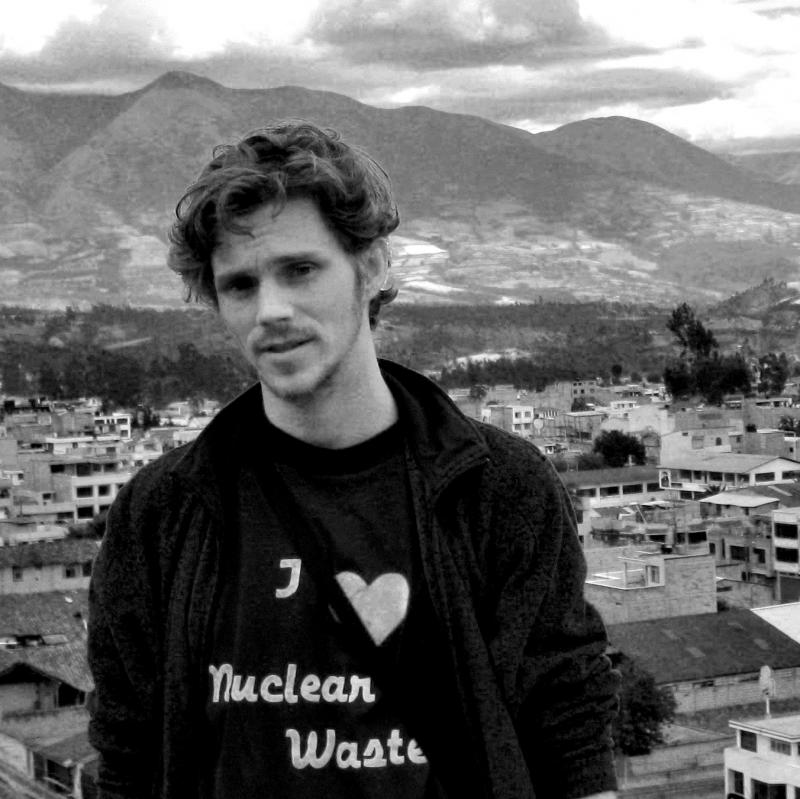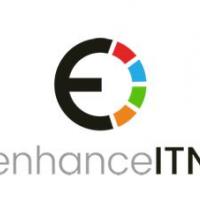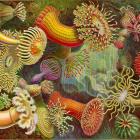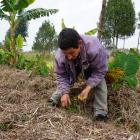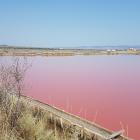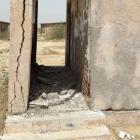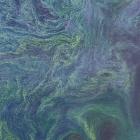Nourish: A 360° Video Poem (Baltic Sea)
Jesse D. Peterson
Peterson, Jesse D. Nourish: A 360° Video Poem. 2018. HD, 3 min.https://youtu.be/xiLQ5xbr7-0. Video editing by Miriam Remter and Felix Remter (Primate Visions, Munich). CC BY 4.0.
This short video poem began as a project in alternative storytelling based upon an ecocritical analysis of the short story, “It,” by Theodor Sturgeon. This poem forms a part of the creative research outputs attached to my dissertation work on nutrient pollution, algal blooms, and dead zones in the Baltic Sea. For a more detailed description of the background and scholarly contribution this video makes, please read my publication “Doing Environmental Humanities: Inter/transdisciplinary Research through an Underwater 360° Video Poem.” Otherwise, as a general description, the poem presents both an environment and posthuman character from which the human cannot be disentangled.
Broadly speaking, my research looks at the global problem of cultural eutrophication. Eutrophication refers to when a water body is excessively rich in nutrients, causing dense growth of algae and plants. Cultural eutrophication is the process of exacerbation of natural eutrophication through anthropogenic sources of pollution and other processes affecting the marine environment, such as climate change.
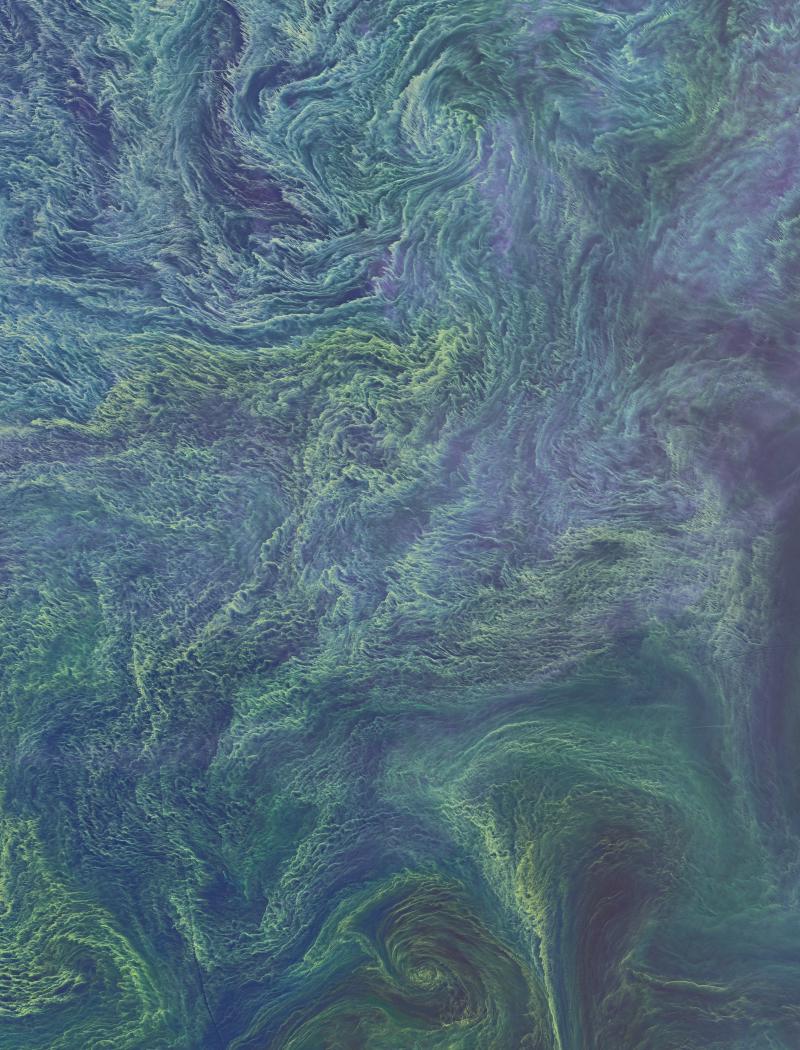
An annual summertime bloom of cyanobacteria flourishes in the Baltic Sea in 2015. Captured by the Operational Land Imager (OLI) on NASA’s Landsat 8 satellite. NASA images by Norman Kuring, Public Domain.
An annual summertime bloom of cyanobacteria flourishes in the Baltic Sea in 2015. Captured by the Operational Land Imager (OLI) on NASA’s Landsat 8 satellite. NASA images by Norman Kuring, Public Domain.
NASA images by Norman Kuring, NASA’s Ocean Color Web. Caption by Kathryn Hansen.
https://earthobservatory.nasa.gov/images/86449/blooming-baltic-sea.
 This work is licensed under a Creative Commons Public Domain Mark 1.0 License.
This work is licensed under a Creative Commons Public Domain Mark 1.0 License.
The consequences of eutrophication in the seas invite us to rethink human actions and responsibilities towards them, including their coastal and marine organisms. By analyzing how certain practices respond to and represent cultural eutrophication, this research identifies values and meanings attached to water, nutrients, algal blooms, and dead zones. It also explores how other species and ecological forces contribute to making waste.
Focusing on the Baltic Sea, this study attempts the first in-depth analysis of cultural eutrophication from a humanities perspective. By looking at films, images, and books, as well as making site visits and conducting interviews, this research makes a theoretical contribution by arguing that waste is also created by ecological systems, and not just by people. It also makes practical contributions by historicizing scientific and technological projects, by developing alternative narratives, and by revealing different communities’ concerns and interests about cultural eutrophication.
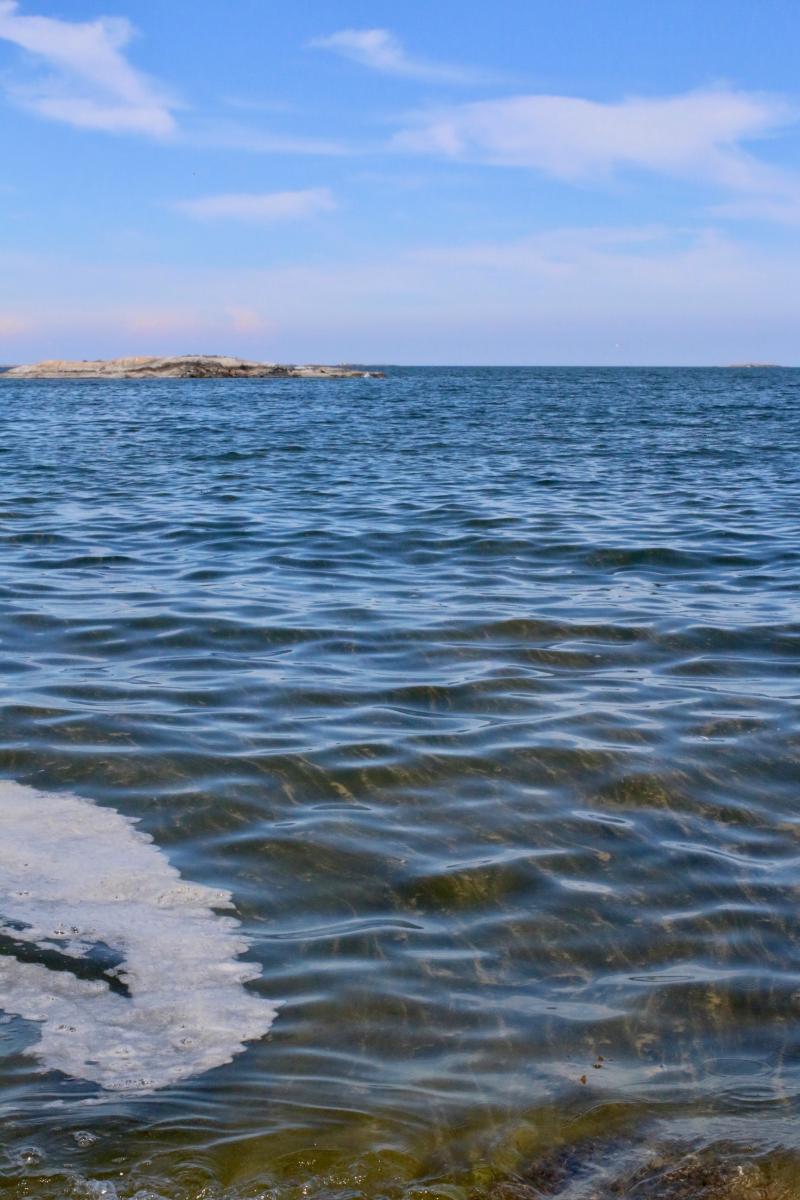
Remnants of a cyanobacteria bloom off the east coast of Bullerö, summer of 2018. Cyanobacteria blooms can be toxic and affect the ecology, economics, politics, and livelihoods in the region. Photograph by Jesse Peterson. CC BY 4.0.
Remnants of a cyanobacteria bloom off the east coast of Bullerö, summer of 2018. Cyanobacteria blooms can be toxic and affect the ecology, economics, politics, and livelihoods in the region. Photograph by Jesse Peterson. CC BY 4.0.
Photograph by Jesse Peterson.
 This work is licensed under a Creative Commons Attribution 4.0 International License.
This work is licensed under a Creative Commons Attribution 4.0 International License.
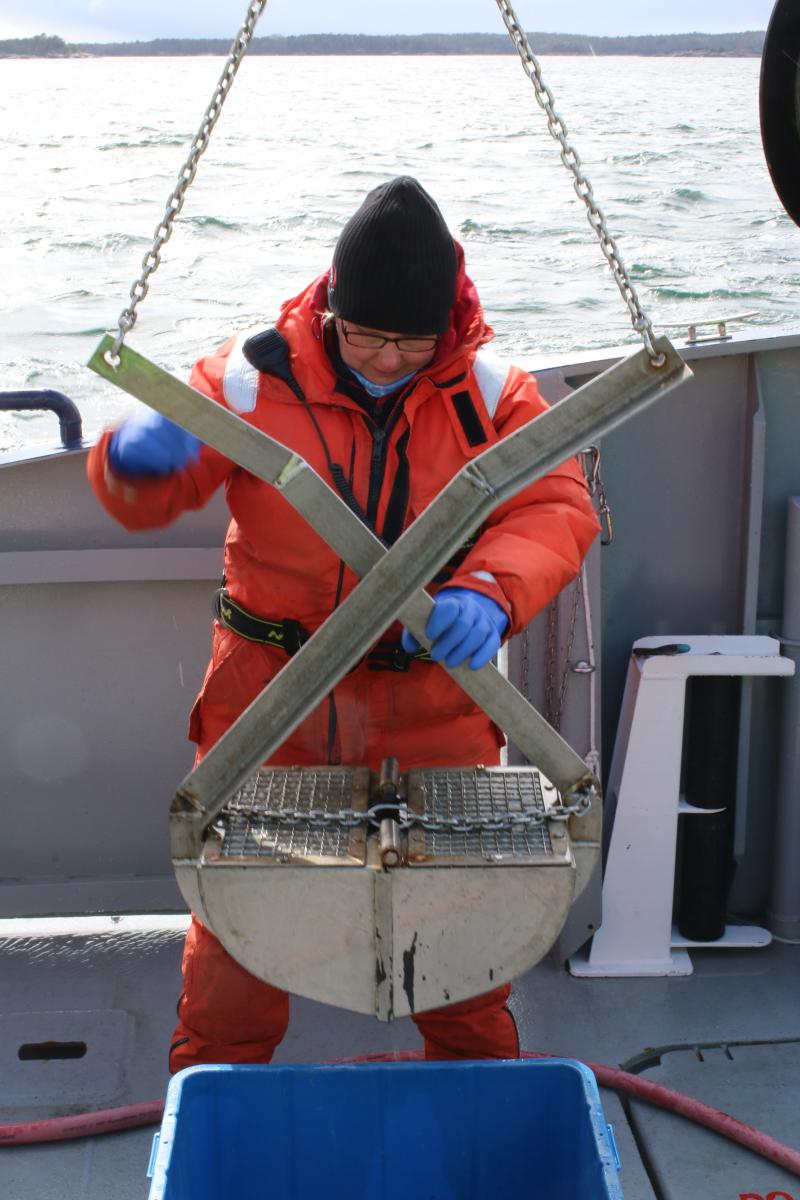
A worker unloads sediment onboard the research vessel Electra in the spring of 2016 as part of the ongoing efforts to monitor dead zones in the Baltic Sea. Photograph by Jesse Peterson. CC BY 4.0.
A worker unloads sediment onboard the research vessel Electra in the spring of 2016 as part of the ongoing efforts to monitor dead zones in the Baltic Sea. Photograph by Jesse Peterson. CC BY 4.0.
Photograph by Jesse Peterson
 This work is licensed under a Creative Commons Attribution 4.0 International License.
This work is licensed under a Creative Commons Attribution 4.0 International License.
About the author
Jesse D. Peterson is a PhD candidate at the Division of History of Science, Technology and Environment at KTH Royal Institute of Technology, Stockholm, 11428 Sweden. Email: jessep@kth.se. He has an MSc in Environmental Humanities (U of U 2013) and an MFA in Creative Writing (UNLV 2010). He is part of ENHANCE, the KTH Environmental Humanities Laboratory, the posthumanities hub and helped found the literary arts journal saltfront. His research interests include exploring socio-natures of waste, ecology, and culture as well as practicing methods of creative scholarship. His publications include both academic and creative outputs and can be found in Green Letters, The Discourses of Environmental Collapse, Geohumanities, Terrain.org, and elsewhere. ![]() https://orcid.org/0000-0002-0634-8839
https://orcid.org/0000-0002-0634-8839


